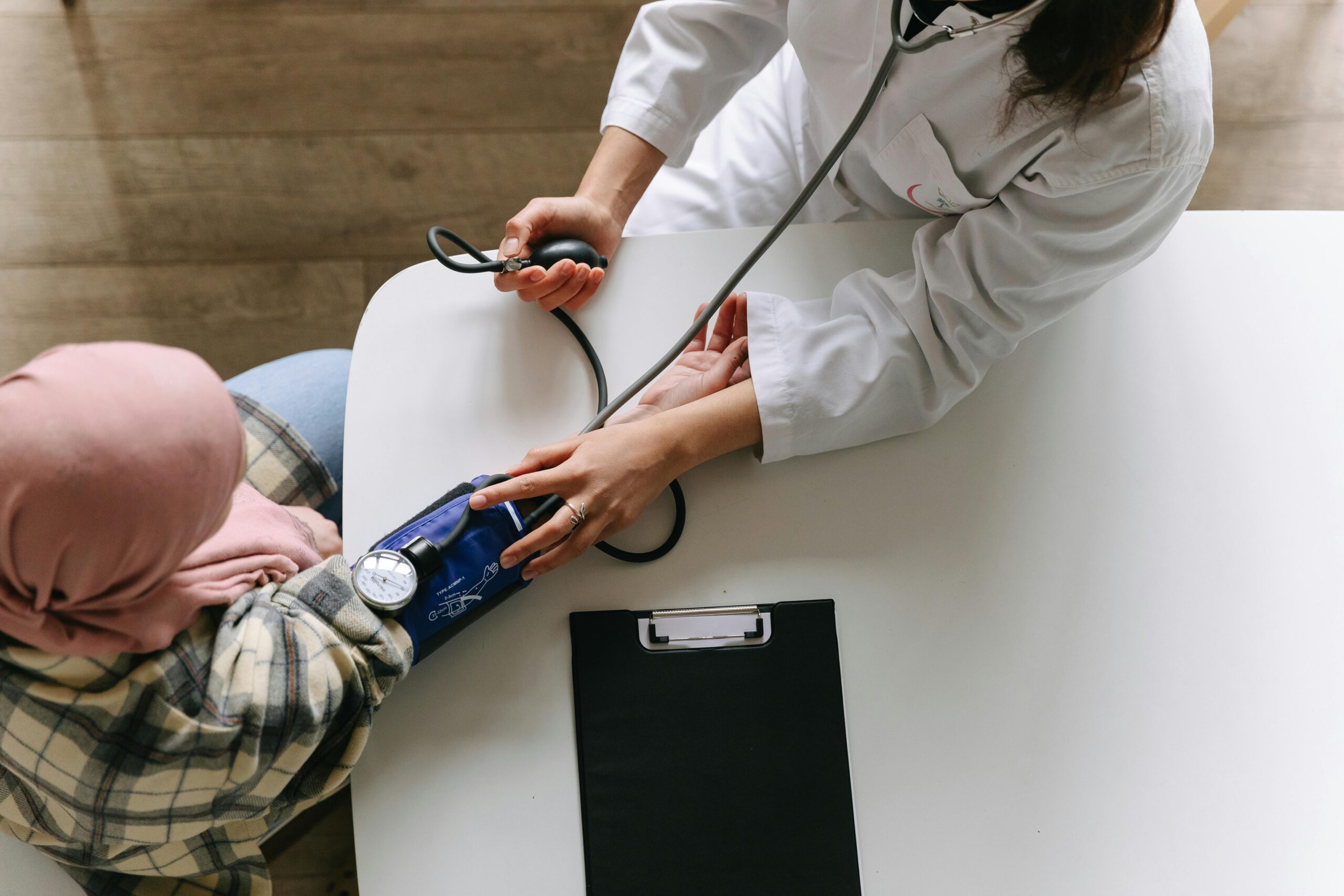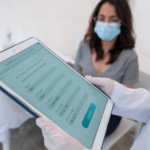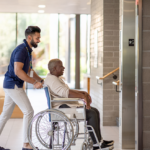Refugees and other displaced people often struggle to access the services they need, including healthcare. Providing equitable healthcare to refugees means implementing a language access plan that includes interpretation and translation services. Let’s review a few simple ways you can adapt existing processes to help refugee patients:
Remove language barriers
Refugees often encounter language barriers that add unnecessary challenges to everyday tasks. Refugee patients need to know interpretation and translation services are available.
Interpretation services for refugees
In addition to showcasing your ACA Section 1557-compliant “Interpreters Available” posters, consider making it easier for refugees to connect with an interpreter by:
- Providing unique toll-free numbers that make it easier for your patients to call your staff with an interpreter already on the line
- Using interactive voice response (IVR) automated greetings in other languages on your primary telephone line (i.e., Press/Say 4 for Arabic) helps patients access an interpreter when they contact your team
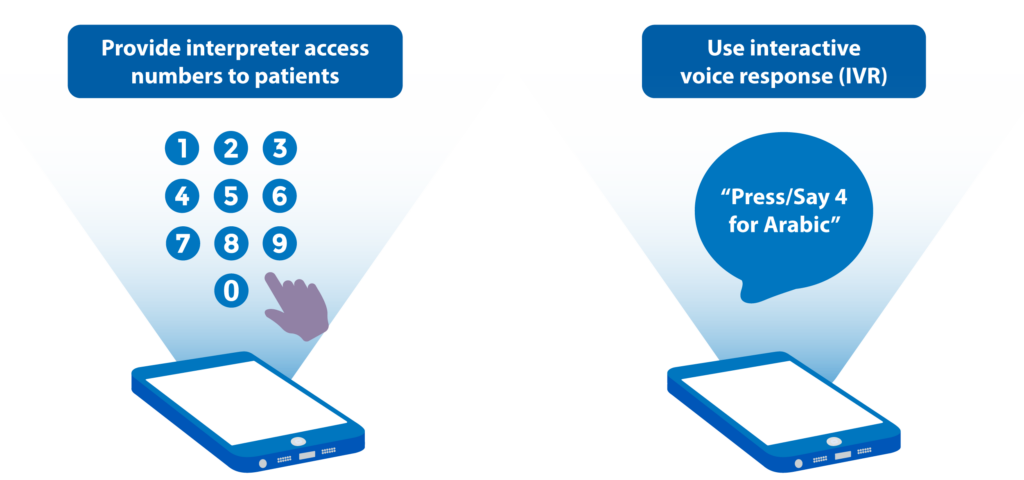
Translation services for refugees
Translating written content can help refugees understand the care your team will provide.
We recommend:
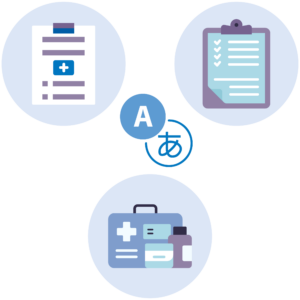
- Translating consent forms and discharge/medication instructions to reduce the risk of medical errors
- Providing health education materials in multiple languages, allowing patients to take the information home and read it on their own time
- Using creative translation solutions to improve patient experiences, like the strategies described in our UK HealthCare case study
Boost cultural competency
Language barriers and cultural misunderstandings are two common issues contributing to poor health outcomes and readmission rates. You can improve your facility’s cultural competency by using qualified linguists to provide language services to refugee patients.
For example, CyraCom’s employee interpreters undergo extensive interpreter training to learn how to become cultural brokers. As cultural brokers, interpreters consider participants’ cultures throughout the session and are ready to explain and resolve misunderstandings.
Learn more about improving cultural competency
Engage with community organizations
 Building strong partnerships with local refugee support organizations can help displaced people access your healthcare services. Collaborations and community partnerships showcase your commitment to providing care to all patients no matter the language they speak, and keep your facility top-of-mind. Whenever possible, participate in health fairs, host educational sessions, and establish connections with referral networks.
Building strong partnerships with local refugee support organizations can help displaced people access your healthcare services. Collaborations and community partnerships showcase your commitment to providing care to all patients no matter the language they speak, and keep your facility top-of-mind. Whenever possible, participate in health fairs, host educational sessions, and establish connections with referral networks.
CyraCom’s high-quality language services help you support local refugees
Contact our knowledgeable language services experts today for a free consultation

